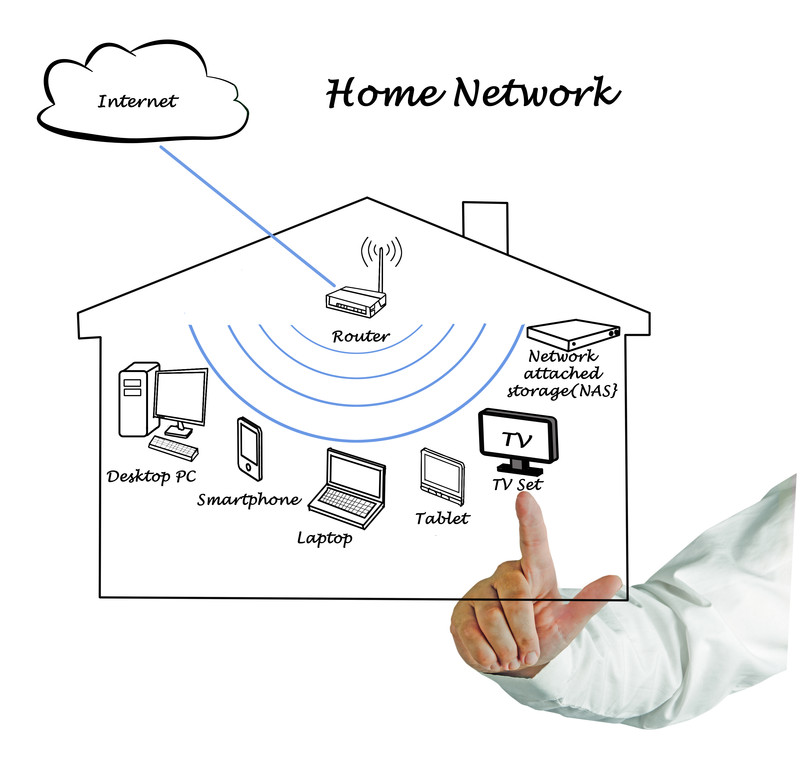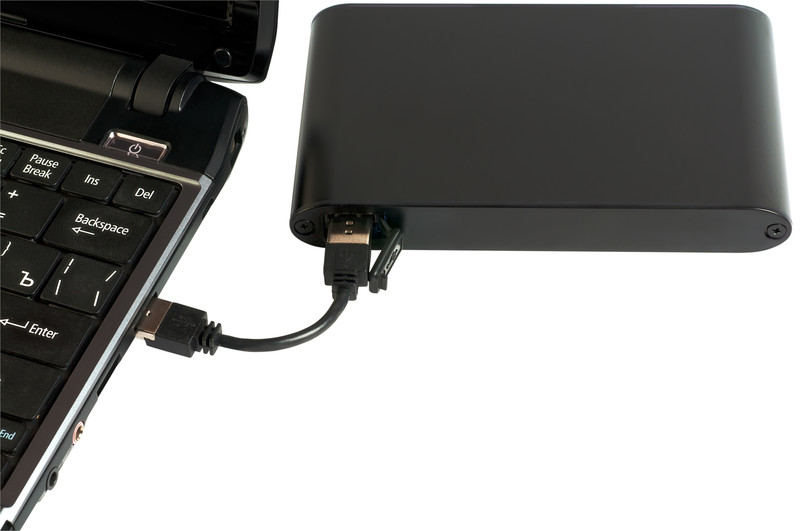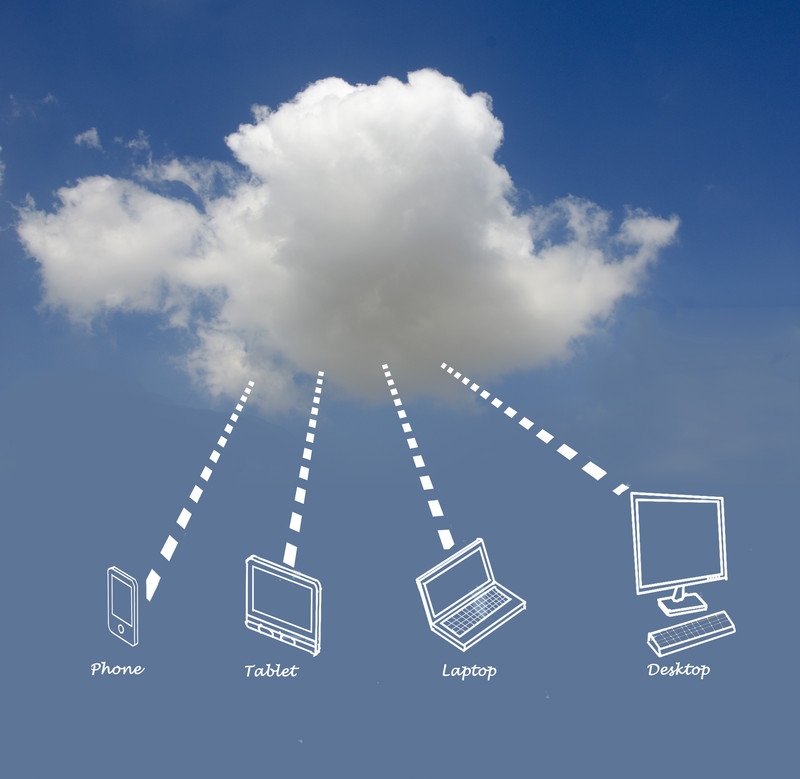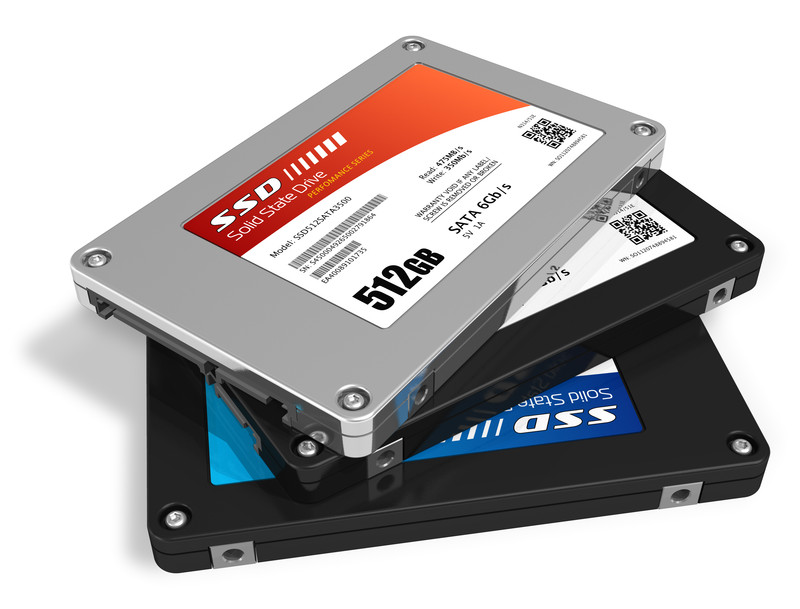
Data Loss - Back Up Options in Simple Terms
posted in Information guides by Kelly on 16:12 Aug 15th, 2016
Data Loss - Reducing Risks. Create a Backup!
Synopsis
Have you ever been through that heartbreaking and catastrophic event that is finding out your hard drive has failed and taken with it all your photos and documents? For a small business this can be fatal.
This blog is to stress to all our followers, customers and email newsletter reciepents the importance of ensuring you back up your data. There are so many options these days that there really is no excuse not to do so!
In this article I will run through some of the options, how to use them, the pros and cons of each option and the risks you run by not backing up your data.
Your Data
If you were asked to place a value on the data contained on your laptop, computer, tablet and these days even your smartphone what would that value be??? To most people this would stun them to silence and the answer in reality would be that this data is priceless.
Think about what you have contained on your computer.... irreplaceable data like kids photos, accounts, phone numbers and addresses, important files and photos no one wants to lose. For a large part my customers seem to think that the little box that sits in the corner or the study or office will last forever.
Backups? What do we need those for??
A few years ago watching a programme on TV, the presenter made a comment that security experts at the time said that your data was not safe unless you had 3 copies of it. One of these should be away from the premises and kept somewhere safe.
This sparked a ahh moment with me about my own data. Now I preach to people every day about the importance of backing up things they would be destroyed to lose and I had to think... when was the last time I backed up our computer equipment? A lot of people would draw the same conclusion of ermm its been a while and others would say well actually never!
In today's world backing up one copy away from your home or office has never been easier. There are ever increasing options for backing up your data. So I ask again... what value do you place on your personal and professional data? Is it worth a little of your time and money to ensure that it is safe?
Options
There are a number of options to select from these days. These vary in terms of complexity, effort and cost. Personally I would suggest a combination of local and offsite storage. This way if your local backup fails you are safe in knowing that you have another copy. A customer of mine recently purchased a new PC from us. He had most of his data backed up and was just missing a few odd bits.It is a good job. His original hard drive is on its way out and the data is inaccessible. If he did not have a backup copy he would have lost everything. As a college lecturer he had work notes and personal files on there he would have been gutted to lose.
So let us take a look at some of the options suitable for home and small office users - that is to say most people reading this blog!
- NAS Drives. These are hard drives attached to your network. Network Attached Storage. Many routers and access points now have USB slots on them for you to plug in external drives. We have two available ports on our router here. We have a 2TB drive attached to our router that we use to allow access to shared files. This is a great idea for backing up multiple devices to one location. You must set a password or anyone connecting to your network will be able to access the files on it. If you back up personal files and invoices, customer lists etc this is especially important.

- Locally Attached Drives. These are commonly in use by a lot of people across the globe. They can include USB thumb (pen) drives - some of which have a higher capacity than some hard drives these days! They are generally taken to be an external hard drive that plugs in via the USB port on your computer or laptop. They can be small but for backup purposes are normally fairly large in size. They are local to the computer. I have one of these I use to backup files on my PC that sits just behind my monitor out the way. They are an excellent and commonly used method of backing up data. One thing that is of note about these drives are if the data on it is important then do not store it with the PC you are backing up.
An old tutor of mine used the example of his dad who ran a shop. He thought he had made a major achievement in getting his dad to back up their till PC with an external drive until he found he was storing it next to the computer. The store was broken into and the computer stolen and the drive along with it. When that drive was the only back up copy of important files about stock, customer details and suppliers it was a crippling blow. Always ensure you have another copy somewhere else. For us my drive sits behind the monitor but it is a backup of the data that is on the cloud..... I am over prepared!!
The major issue with these devices is that they rely on the working capability of the hardware. These are devices with physical moving parts. Eventually these will wear out and fail. I have had several that have not worked out of the box. This is why it is vital to ensure that data you cannot risk losing like accounts work and information about your taxes is not just backed up in one place. Think how devastated you would be to lose the only copy you have of your kids photos...There is a price on data safety. Just how much is this worth to you?? Make more than one copy of this data and put one somewhere safe preferably off the premises. If your building catches fire your local attached drive is just as susceptible as the original machine.

- The Cloud. Today this is a big one. There are so many services on offer from so many different companies. When cloud services first came out I have to admit I was dubious. Trusting someone else to ensure that my data remains safe?? That is a big ask of anyone. Data is normally the first concern people have when they bring poorly machines to me.
Since then I have done a course of the safety of the cloud and the things to consider. Here we use a service called LiveDrive. This offers us real time (as files are used, altered and created) back up and a service called the briefcase. The briefcase is a virtual drive space that can be accessed from any device we install the LiveDrive software on. This gives us 1TB of space that is like an external hard drive but not attached locally. The space is allocated from LiveDrive's servers that we use for storage of our documents, photos, files and other folders. It is an excellent way for us to manage our backup files too. Numerous programs on our machines back up to the LiveDrive Briefcase too and these files can be accessed with ease. The Briefcase shows up in the My Computer screen as another storage device that we can then drag and drop files and folders to and from.

There are many different cloud providers including the iCloud, Google Drive, Dropbox and Amazon Photos. Each has different limits and services so it may require accounts with more than one service depending on the amount of data. Google are great as they have a seperate app for photos so even though they back up to Google Drive they do not come off your 15GB free limit. Bearing this in mind 15GB for other files will be adequate for many users just for important files.
Important things to consider when choosing a service are where the service holds your data. Your data will be subject to laws relating to privacy and data security in the country in which it resides. Some countries have much more relaxed laws than others and it is always best to be safe than sorry about how secure your data will have to be by law. The data is held in data farms - massive great structures just full of servers with a massive demand on electricity, internet speed and cooling! Places like Google will also hold backups all over the globe to protect themselves from attack.
For a glimpse into what a data farm is and how someone could carry out at an attack there is a programme called Mr Robot that is about a group of hackers that target a company called Evil corp. It is an interesting program that shows how much planning and the level of resources required in the process.
Another factor briefly mentioned is how much space you get alloted and whether the service is cross platform or like iCloud is tied to Apple products. Apps like Google Drive and Dropbox are great as they can be used cross platform with no issues at all. This means they will work independent of he operating system so on Apple iPhones and iPads, Android phones and tablets (like the Samung Galaxy tabs) and of course your laptop or computer. Out of the two I have to say I prefer Google Drive just for its ease of use. Once you have your gmail or Google Account (one and the same) set up you are good to go.
- SD cards and SSD drives. These are locally attached storage systems and SSD (solid State Drives) are being increasingly used inside of computers but in small sizes they are becoming more and more popular for external storage too. They are unlike traditional locally attached drives in that there are no moving parts. They work like RAM chips and thus are meant to have a longer lifespan. SD cards like you have in your digitial camera can also be used for back ups. Micro SD card backups for mobile phones is also a good idea to ensure that if the device fails you have your data safe.

-CD/DVD. I have a lot of customers who are copy their photos to CD or DVD. This is now a slightly dated method of back up but it is still better than nothing at all. The downside being that they are easily damaged and lost. In the modern world of the "stick" most people have moved to using USB pen drives instead. CDs and DVDs also have very limited capacity and so if you have large quantities of data it can require a lot of disks. In terms of large corporations this becomes problematic too as there may be a lot of computers to do. It is also a slow process. The data burnt to the disk is prone to corruption and they are very easy to scratch and damaged. On the plus side they are easy to use and cheap to buy costing only a few pence each these days. You can even get rewrittable ones so you can keep adding data till you reach the capacity.
Conclusion
No matter what option you choose the important thing is that if you have data that you really would be gutted and deeply wounded to lose, whether this be financially or emotionally, that you back it up somewhere and somehow. I strongly believe a combination of methods is the best option. You can never be too careful after all. Backing up can be done when you are not really using the computer or in business when you are at a quiet time to avoid disruption. There is a dental surgery that I provide support too that recently had their computer fail and they were fortunate that they had taken daily backups. This meant disruption for them was minimal. I see a lot of home users who have NEVER backed up their PC and many who do not know how. The exact how to depends on the method you choose but feel free to contact me for help if you get stuck!
The old adage of prevention is better than the cure is most certainly true here. Preventing data loss is better than the upset of lost data and the cure of having to do the same job over as the data is gone. Personal experience here tells me that it is a hard thing to suffer and fortunately for me I was able to recover my data as it was just corruption that caused it but when the loss is because of mechanical failiure you are unlikely to be this lucky. As I said I have a stack of faulty drives sat next to me that I plug in periodically to try and get them going to recover the data. Sometimes you hit jackpot but for the most part even professional data recovery firms struggle and it can cost thousands for them to even attempt it to get nowhere.
I hope this brief run through on backups has stressed how important it is and maybe prompted one or two readers to register somewhere for online services (I will do a seperate article on the Cloud as soon as I get time) or to buy an external drive. If I can help save just one person for the heartache of data loss then my job is done. Someone has paid a bit of attention to what I have written! All day long I advise people to make back ups of their data and I am certain a good 99% forget when they walk out the door. PLEASE PLEASE if you do not wish to lose it make sure you have a copy that is somewhere other than your device. I cannot stress the importance of this enough. A short time taken in the short term will be worth it in the long run.
Thanks For Reading
Kells x














